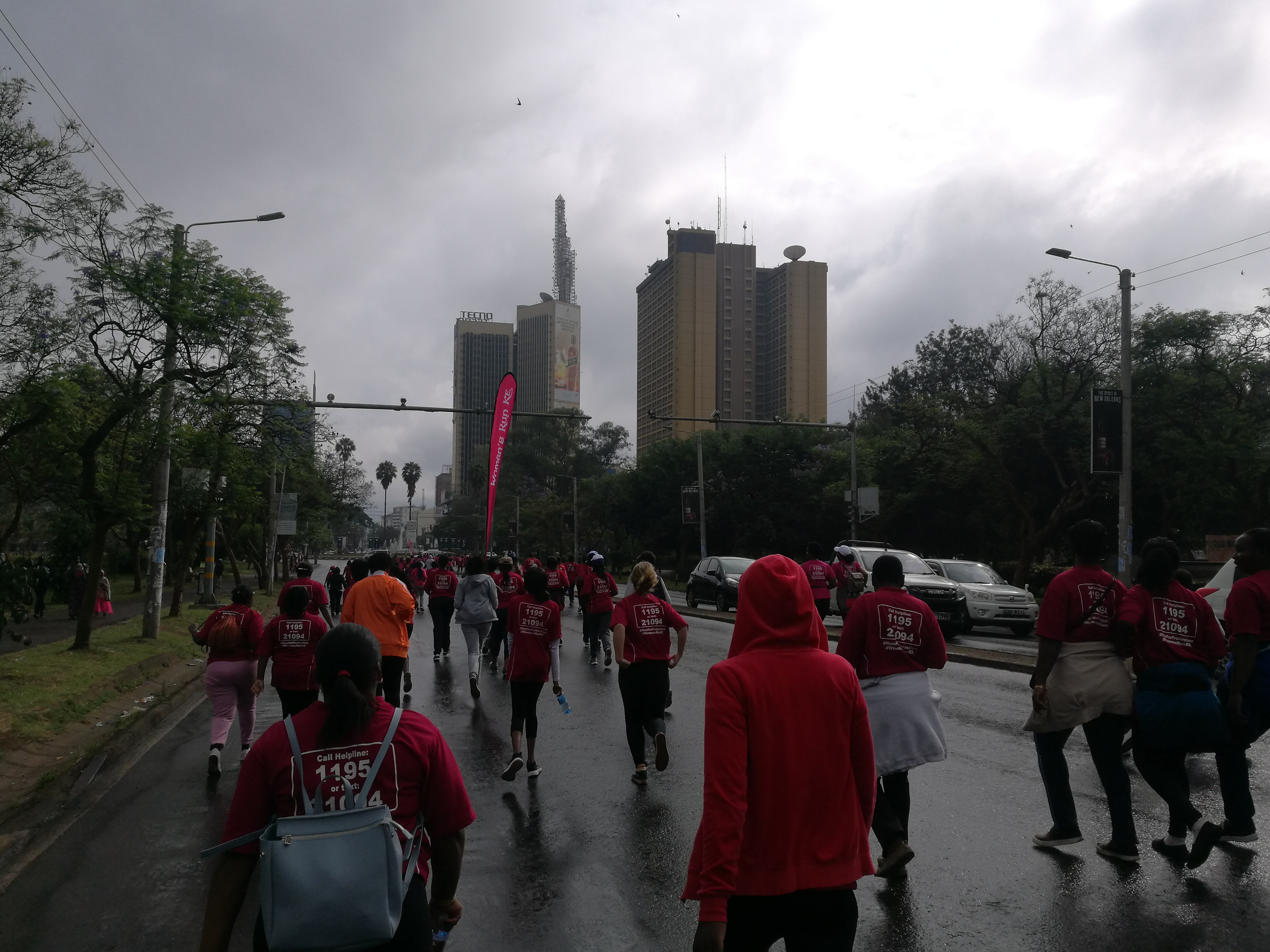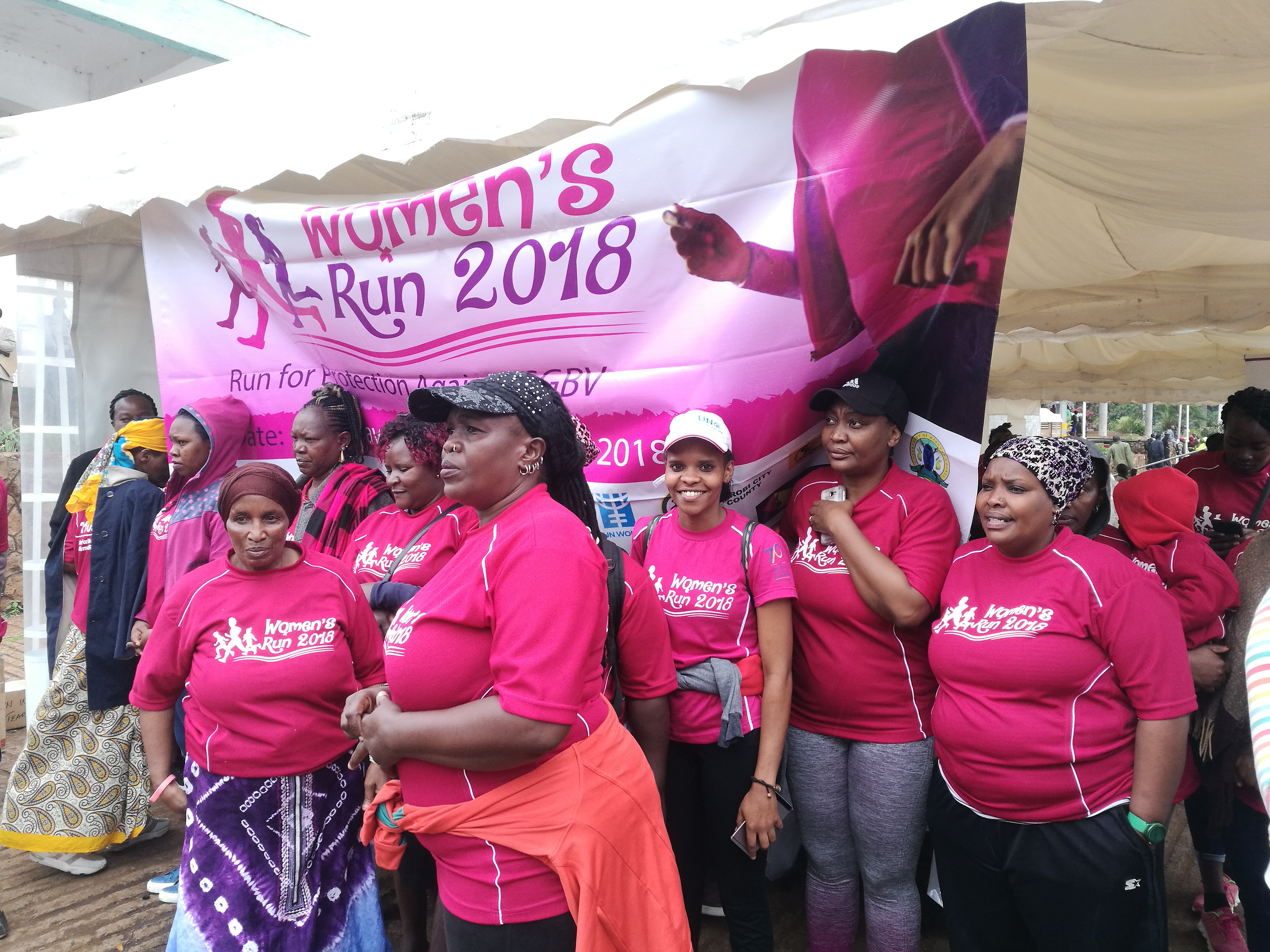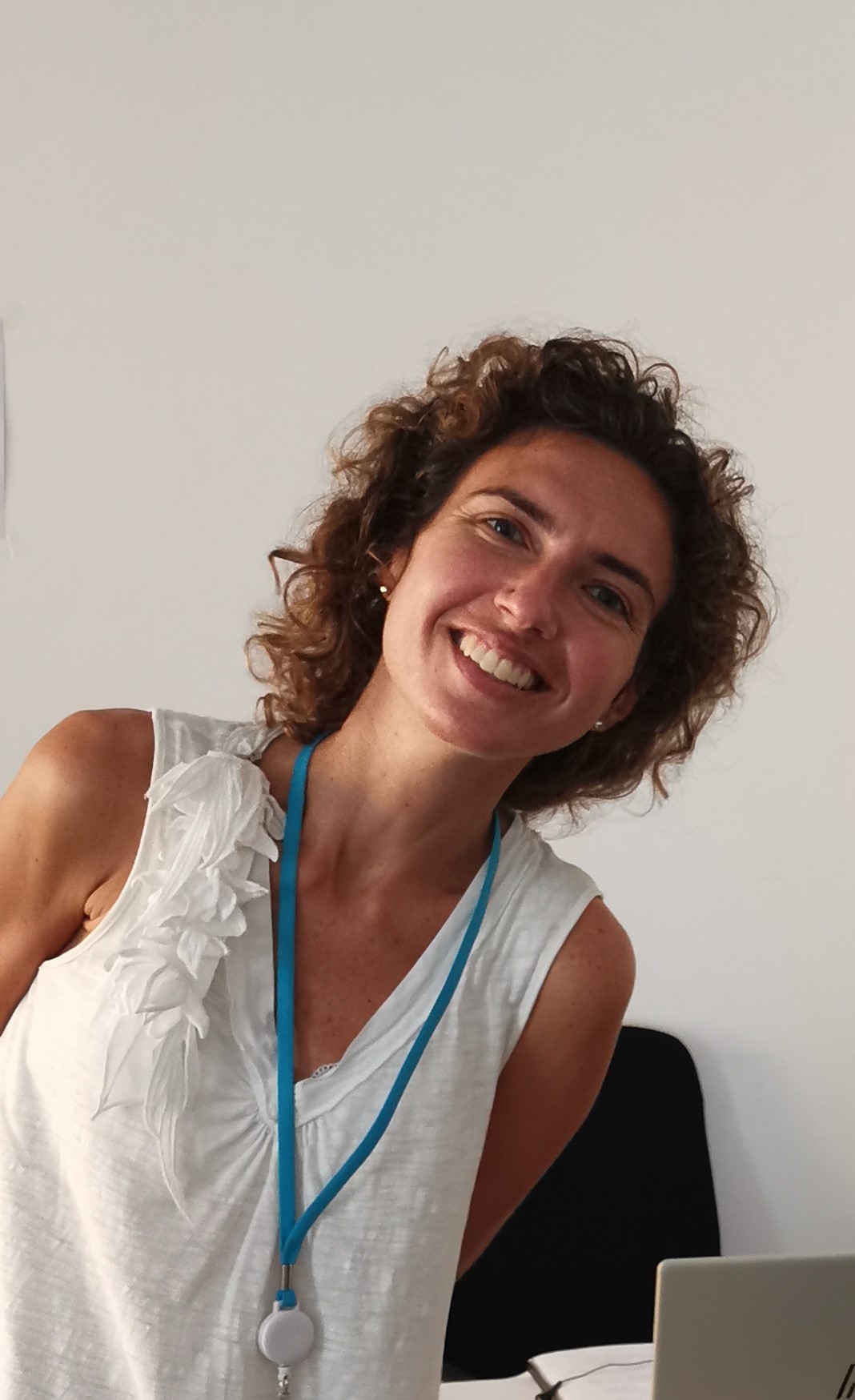In tropical countries, people wake up really early in the morning. Life starts by running and reaching on time the place of work or the school.
Transport is always an issue. Jams on the roads are daily, therefore planning is on people’s minds right from sunrise.
“When you need something, you need to go to get it, it is in our mentality. Nothing comes to you” a Kenyan friend, Faith, told me this morning. I completely understand her now. Buses, for instance, called Matatus, run daily from sunrise to sunset. If a person needs to reach his/her workplace, and, let’s say, he/she lives in rural areas ( to save on the rent cost of living in the city), he/she needs to wake up at sunrise to catch the good matatu (or a series of different matatus) that can get him/her on time for working hours.
On the journey- the safari– many things can happen. Cases of sexual physical harassment on the road are frequent. Safe public places and efficient transportation systems are still missing. Women, for instance, cannot freely walk around public parks or in specific areas of town, for fear of being physically harassed.

Moreover, in African cultures and traditions, women are human beings who are supposed to take care of the household and to raise children. The Young Women of my generation are changing the paradigm of housekeeper and children-oriented mothers, but there is still a long way to go, mostly entrenched in cultural gender norms and unbalanced power relationships between men and women. According to UN Women, 70 % of women in the world have experienced sexual violence from an intimate partner. The list and cases of women who experience emotional, psychological violence does not end in this article. Men, in the XXI century, still believe they are the breadwinners and legal owners of lands and properties, and that they are “entitled” to treat women as objects of sex or producers of children, with no freedom to talk/walk/do things – except if women ask for men’s permission. Men need to understand that Women are Human Beings, equal in choices, opportunities, rights and treatments as them. Men would need to break the cycle of violence by being role models in equal treatment of women in society. Human Rights is for all, no matter the sex and the gender, everyone should benefit and thrive in an inclusive society, based on meritocracy, knowledge-sharing and cooperation among different people.
The call of this year follows the cases of sexual harassment in the movie industry in the United States. Nevertheless, before going to far, we need to reflect and connect in our homes and in our communities. What is the status of women in my community? Or in the community/society I am working in? What can women freely do, without fearing of sexual, emotional or physical attacks and harassment- in private and public spaces? What is the perception of women in society? What is the perception of men in society? Let us not forget that men-in a patriarchal society- suffer a lot of pressure of performance (best worker, provider of food & education, family-oriented). Stress and pressure can lead to ill-treatment – physically and verbally- of any human beings to other human beings in the world.

Women’s Run 2018
Sensitization programs and awareness-raising activities, like the Women’s Run 2018 we did on 25 November, organized by UN Women in Eastern Africa, can be a wake-up call and a visualization of the problem. Women running along the streets of Nairobi, pink T-shirts, accompanied by the Minister of Education of Kenya, under a heavy rain, running hand in hand and stopping the congested traffic of a Sunday Kenyan morning, made people question and reflect. We saw it. Men and women, in their cars and on buses, on the streets and in shops all along the way, asked us what we were doing and why we were doing it. TV stations and radios were also present when we started running. In Kenya there is a huge running culture, everybody is an athlete and Kenyans are very famous for their runners skills (Olympics speaking as well, the best marathoners are from Kenya and Eastern Africa).
The message is clear. Today, like every year, we are marking the international day for the elimination of violence against women, on 25 November. Today, for 16 days, we mark the #OrangetheWorld campaign, where we are dressing in orange and we are advocating, through a different set of community, online and offline campaigns, that we stand for women and against any form of violence against them, culminating on Human Rights Day, on 10 December. We want more men in the picture. The big picture of Equality does not distinguish human beings. We are in the boat of life together.
The objective in our minds should be to tell positive and empowering stories to our children and grandchildren. When we will show them the pink medal that we received all at the end of the 10 km symbolic run, we should also be able to give them numbers and statistics of decrease of violence against women. For a thriving world where, at that point, we would not run, but yes, we would walk, hand-in-hand, women and men, standing for the realization of gender equality.
Together, we can.
Let us continue to work.

